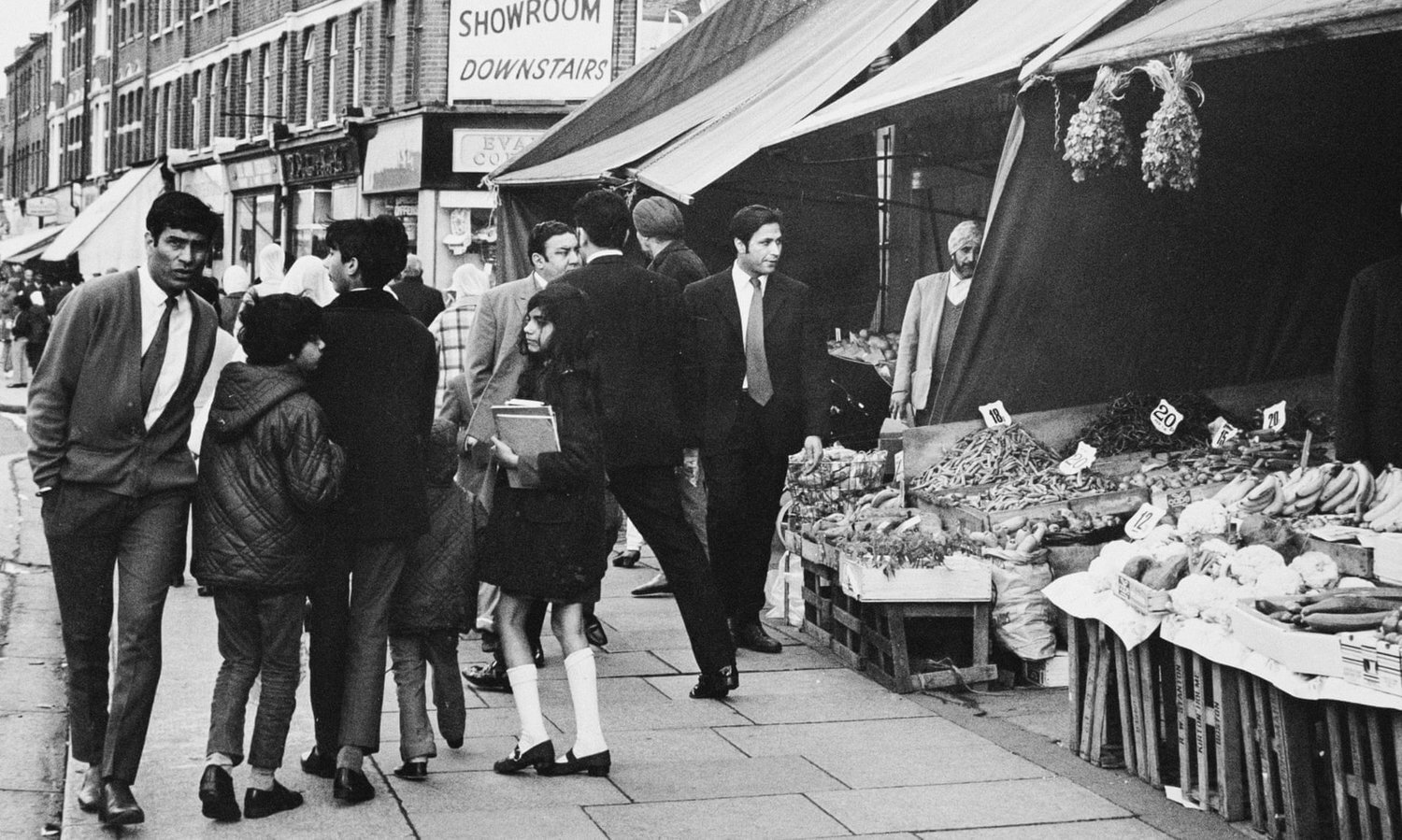
Politics in Diaspora.
Issue 3. Summer 2019
Across the global North, right-wing authoritarianism is on the rise. Donald Trump in the US. Doug Ford in Canada. Marine Le Pen in France. Nigel Farage in the UK. Santiago Abascal in Spain. In the context of economic crises, these figures have built a following by deriding a self-defined “outsider” as a threat to the livelihood and safety of those they consider to be “insiders”. People of colour, or those that identify as women, LGBTQ, or working class, have variously been presented as a menace to the social fabric. South Asians in the global North have responded to these forms of exclusion in multiple ways. Some, such as Hindutva-linked groups in the US, have joined the bandwagon of racism and lent support to right-wing authoritarian regimes. Others, such as US-based Dalit activists Thenmozhi Soundararajan, appear as their foremost adversary.
Jamhoor’s special issue this summer explores this diversity of political mobilisations in the South Asian diaspora. R.K. Upadhya, an organizer with the Tech Workers Coalition, writes about the prospects and constraints of organizing Indian workers in Silicon Valley, the new hub of global capital. Iman Sultan’s essay connects her personal political journey with the legacy of South Asian activism in America, reflecting on the ways desi communities have responded to political moments similar to our own in the past. In a similar vein, Kasim Tirmizey outlines the ongoing relevance of the Ghadar Party, the Punjabi anti-colonial movement of the early 20th century across the west coast of North America.
Our feature essay on the Indian Workers’ Association explores South Asian mobilization against white supremacy in mid-20th century Britain, and directs us to think differently about anti-racist organizing today. Shozab Raza’s interview with an editor of the acclaimed journal, Pakistan Forum (1970-73), taps into the struggles and organizing of South Asian scholars at a key moment in history.
Politics in the diaspora has found powerful artistic and literary expression as well. The issue includes a community discussion on Arshad Khan’s recent film, Abu, which explores politics at its most intimate — the twin challenges facing diasporic queer Muslims: homophobia from within Muslim communities and Islamophobia from without. And finally, our reading list highlights excellent contemporary and historical South Asian fiction capturing the range of lived experiences in the diaspora.
And yet, we have only scratched the surface. From the anti-fascist protests in Brick Lane to the struggle of taxicab drivers against Uber and the gig economy, the tapestry of South Asian mobilizing in diaspora is as diverse as the communities themselves.
Header photograph courtesy of Panjabis of Southall project







Resonances of radical, anti-colonial struggle in our contemporary moment.